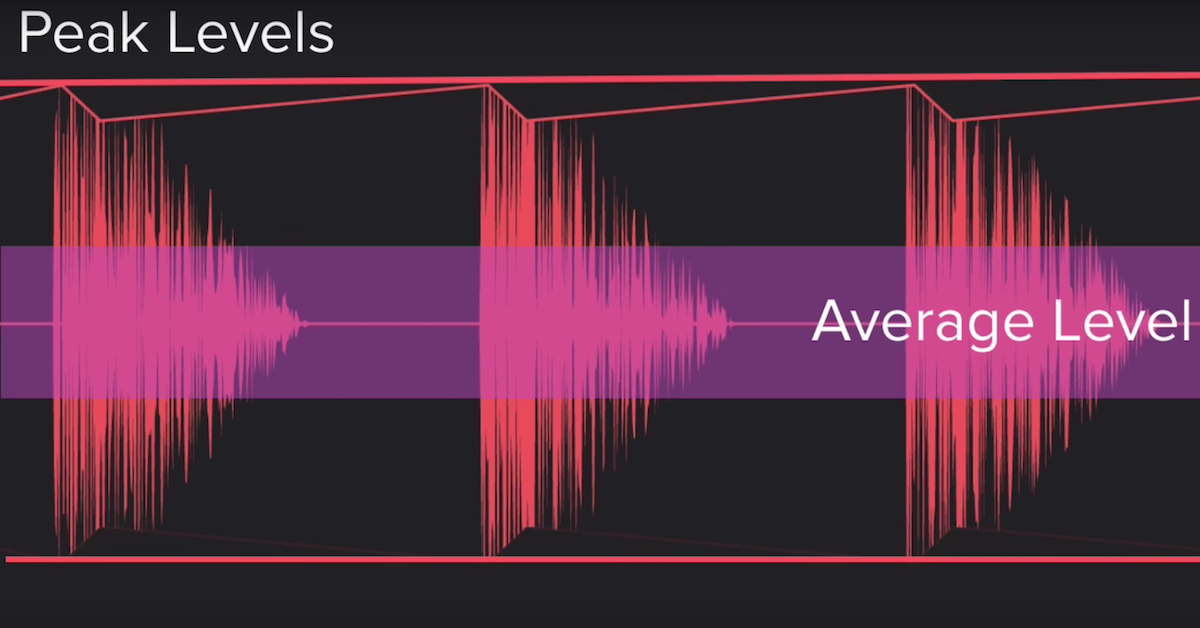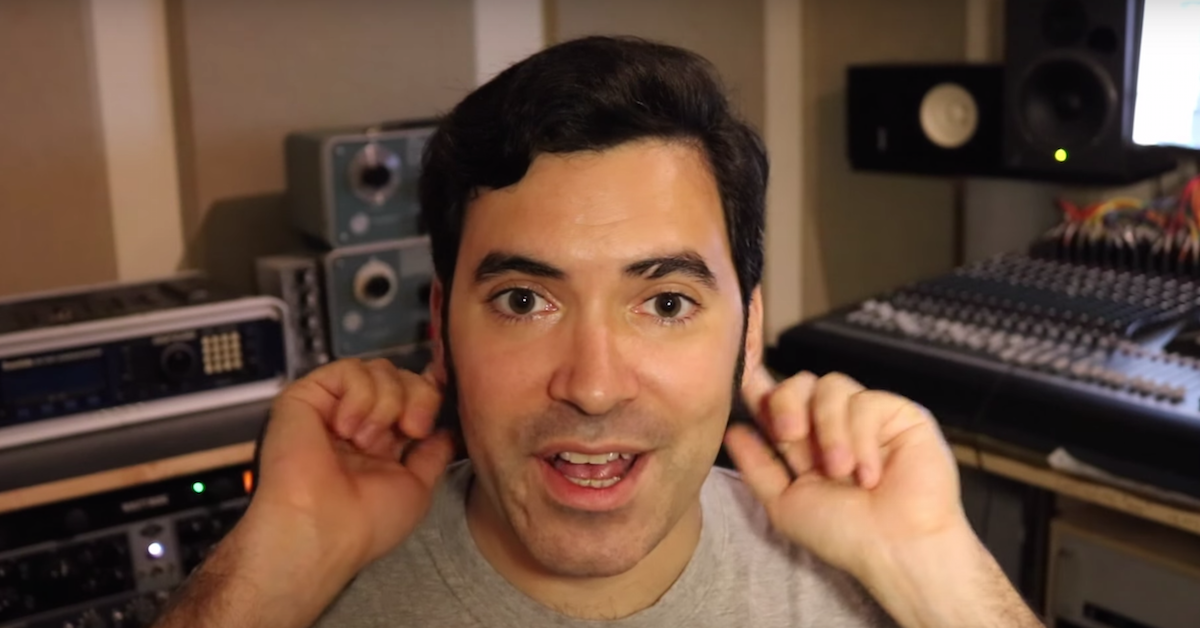5 Non-Audio Skills You Need to Succeed as an Audio Engineer
Article Content
With the proliferation of audio-related resources online, anyone with an internet connection can quickly learn how to mic up a kick drum or set a compressor for a lead vocal.
What these resources won’t necessarily teach you, however, are the real-life, everyday, often mundane skills that set the professionals apart from the amateurs in the audio world.
While these skills aren’t directly related to music and audio, they’ll go a long way towards helping you secure a career in the music and audio industry.
1. Organization
Whether you’re running your own studio or working as someone else’s assistant, organization is your key to success in the studio. Good organization skills can cover everything from file management to keeping a budget to taking out the trash at the end of the day.
Being able to stay organized becomes especially important when you’re collaborating with other people online, which is becoming increasingly common these days. Cloud storage programs and FTP servers make it easy for engineers to send Pro Tools sessions around the world, but if your sessions and your files aren’t properly organized, you’ll quickly develop a reputation as someone who other engineers don’t want to work with.
On the other hand, your organizational skills can also be what sets you apart from other engineers in a positive way. As an assistant engineer, you can impress your superiors with your stellar note-taking skills, and as a freelancer, you can impress your clients by being able to respond quickly and easily to their needs, whether those needs are for the secure online delivery of appropriately labeled files or a clean place to sit and have lunch.
2. Keeping Time
Showing up to work on time is important if you want to keep any job, and with audio engineering, where time is often literally equated with money, timeliness takes on an even greater level of importance; since many services are billed by the hour, any indication that you’re wasting people’s time will reflect poorly on you.
Timeliness also means knowing how to set reasonable expectations for deadlines, and being able to keep those deadlines. This is especially important if you want to work on film or television productions, as these productions often have extremely tight timelines and can be thrown completely off schedule by one missed deadline.
3. Setting the Tone
As an engineer, you’re not always the person in charge, but that doesn’t mean you can’t contribute to making your work environment a positive one.
Working in audio often means working under pressure, and not every client will do well with this pressure. When tensions are running high, being the person to cool everyone down and create a positive atmosphere will set you apart for all the right reasons.
At other times, you’ll end up working with clients who are feeling stressed out not because of any external pressure, but because they’re just nervous about being behind a microphone. If you can put these clients at ease, they’ll learn to see their experience in the studio as a positive rather than a negative one, and they’ll remember you as the person who helped them get over their reservations about being in the studio.
4. Networking
As much as many of us would really like to avoid it, networking is an essential skill for anyone who wants to work in a competitive industry like music and audio. This doesn’t just mean going to networking events and being seen, although that’s a good start. Networking also means making an effort to establish meaningful connections with other people in the industry, whether it be studio owners, musicians, or other engineers. Although the results may not be immediate, you never know where these connections could eventually lead.
5. Learning How to Learn
The best engineers in the business, just like the best musicians or the best actors, are the ones who are on a constant quest for education.
In this industry, there can be pressure to present yourself in a way that makes you look like you know everything, especially if you’re trying to convince new clients to use your services, but if you want to work in the audio industry for the long haul, it’s important to understand the limitations of this approach. There are times when the “fake it till you make it” attitude may be necessary, but never forget that your job is not to know everything, but to become more aware of the things you don’t know.
Conclusion
Throughout your career journey, your audio skills might be the skills you use to secure your next job or land your next client gig, but it’s your non-audio skills that will help you keep those jobs.
In addition, if you can establish yourself as a person who is not only creatively and technically adept, but also reliable and easy to work with, you’ll become the kind of person that others actively seek out.
These skills might not be the most exciting ones to work on, but in an increasingly competitive field, any additional skills you can harness to complement your audio production skills can help you take your career to the next level.






